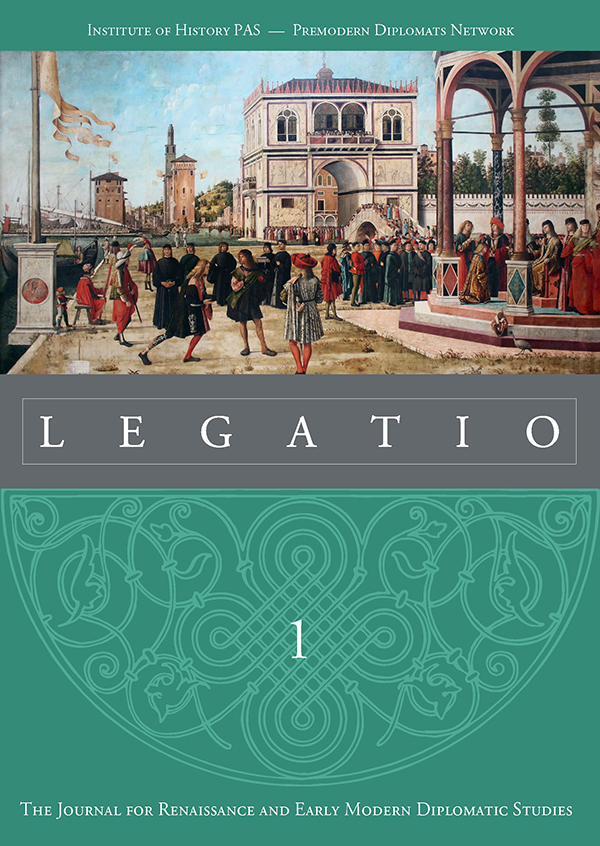From Royal Hôtel to Street Brawls: The Location, Personnel and Public Problems of the Venetian Embassy in Seventeenth-Century Paris
From Royal Hôtel to Street Brawls: The Location, Personnel and Public Problems of the Venetian Embassy in Seventeenth-Century Paris
Author(s): Philippa WoodcockSubject(s): History, Diplomatic history, Local History / Microhistory, Political history, Modern Age, 17th Century
Published by: Instytut Historii im. Tadeusza Manteuffla Polskiej Akademii Nauk
Keywords: Venice; Foscarini; France; Pisani; secretary; valets; coachmen
Summary/Abstract: Where histories of Venetian diplomatic success in France have long drawn on the ambassadors’ dispacci and relazioni, these are only just beginning to be used to explore the personalities of the ambassadors themselves. In contrast, this article will use French notarial and legal records to investigate the daily lives of the ambassador and his staff in seventeenth century Paris. In particular, it will examine documents attesting to the turbulent life of the Hôtel de Venise, and its boisterous staff and servants. Apart from their official presence at Versailles, little has been done to establish where the ambassadors lived in Paris, and with whom they had contact. This article first shows the mobility of the official hôtel, but also points to simultaneous lodgings being held by the ambassadors, suggesting an official and a private life. This also illustrates the ambassadors in contact with the Parisian elite, beyond the court. It then outlines how the French archival record points to which were the most visible household officers, and traces their appearance in legal and business transactions. It demonstrates a distinct corps of Italian officers, and French domestiques, all of whom represented Venice in Paris, and had contact with Parisians. While these servants eased the ambassadors’ existence in France, they also created problems for them. Indeed, some servants were more likely to make trouble than others. In situations where the ambassadors’ servants breached the peace, or were themselves menaced by the French, who was ultimately responsible for the good behaviour of the embassy?
Journal: Legatio: The Journal for Renaissance and Early Modern Diplomatic Studies
- Issue Year: 2017
- Issue No: 1
- Page Range: 63-96
- Page Count: 34
- Language: English

